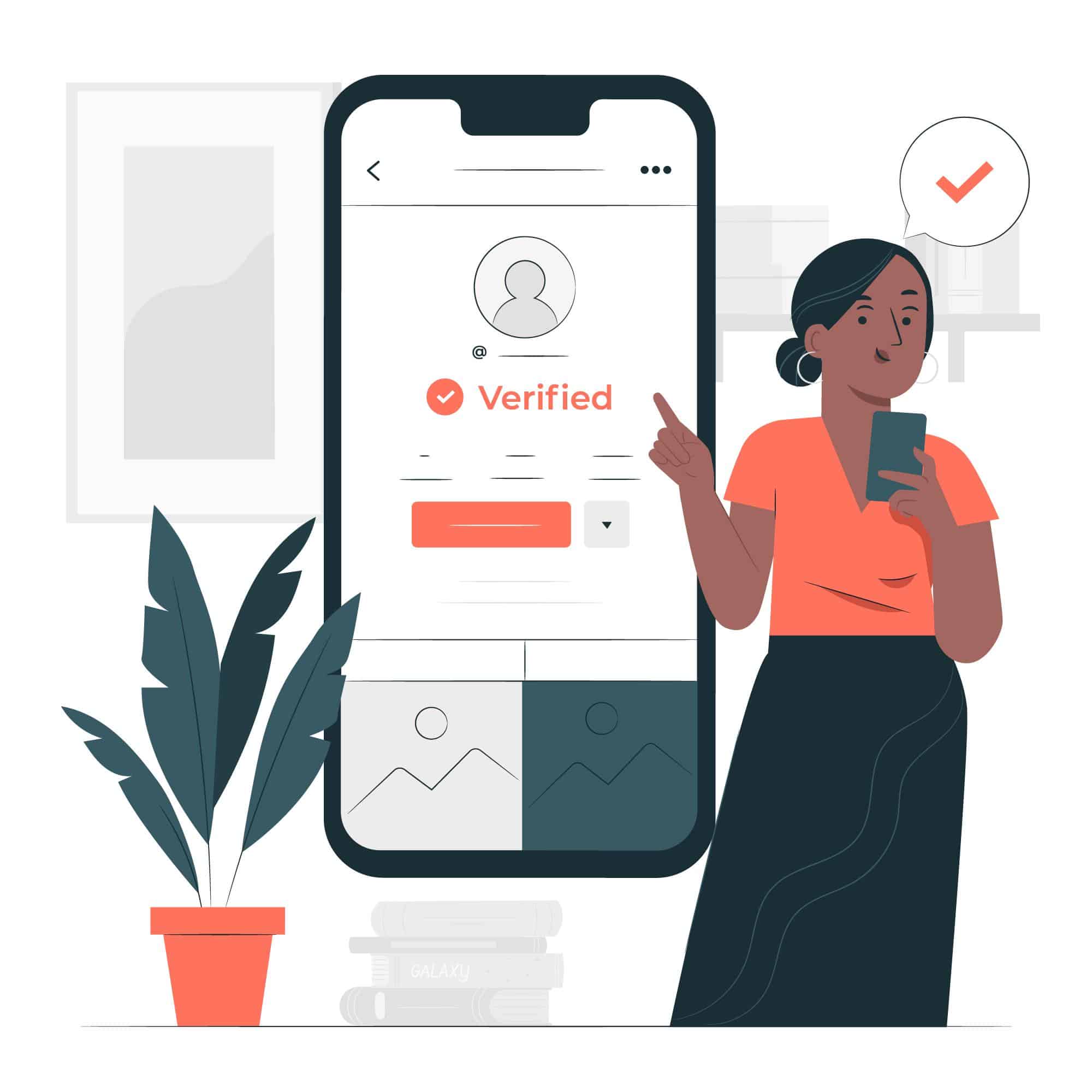Web scraping is a powerful tool for data collection and analysis, but it comes with challenges. One of the most common is the CAPTCHA—that annoying little test you must take before you can do anything on a website.
Fortunately, there are ways around this problem—one of them is using proxies. This post will talk about what captchas are, their types, what triggers them, and proxies for captchas.
What is CAPTCHA?
CAPTCHA stands for “Completely Automated Public Turing test to tell Computers and Humans Apart.” It’s a security measure that stops web bots from interacting with websites by giving a visual puzzle that needs to solve before they can go on.
Captchas are used to stop malicious computer programs from signing up for accounts on websites or sending spam emails. The idea is that captchas will be hard enough for computers to figure out but easy enough for people to figure out. This way, only people can use them to sign up for accounts or send emails.
Types of CAPTCHA
There are many different types of Captcha, but here are the most common:
Math Problems
This type of Captcha requires you to solve mathematical problems with variables given in the text box. For example, if asked to enter the sum of 3 + 5 =? you would input 8 into the text box provided.
Character Recognition
These captchas ask you to type in a string of letters or numbers that have been distorted in some way so that computers can’t read them. Usually, the letters or numbers are rotated or blurred.
Image Recognition
A more secure and reliable type of Captcha is used by Google’s reCAPTCHA. This program shows pictures from books or Google Streetview and asks the user to tell what’s in them.
Social Media Login
This asks for your social media login information to make sure it’s not an automated script trying to log in for an account. That could be a Facebook or Twitter account, but some services use email addresses as logins.
Time-based
A time-based captcha keeps track of how long a visitor takes to fill out a form. Most of the time, bots copy and paste their information and hit “submit” right away, while people have to spend time typing. If a visitor clicks too quickly, the CAPTCHA thinks they are robots and rejects them.
Invisible CAPTCHAs
These don’t use text or images that are easy for people or bots to recognize. Invisible captchas can’t be seen. They work in the background and track behaviors to determine if requests coming from certain IPs are bot initiated.
What Triggers CAPTCHAs
Captchas show up when you do certain things on a website, like sign in or fill out a form. As a preventative measure against bots, some websites have captchas built in. Other times, a test may be run if a user’s actions seem like those of a bot. For example, if a user fills out forms too quickly or clicks the same link repeatedly, this could trigger a test.
Proxies for CAPTCHA
Captchas are the bane of web scrapers everywhere. They’re a big headache and can slow down your scraping process. Luckily, there are different ways to avoid them. One and the best way is by using proxies.
Proxies stand between the user and the resource. They take the actual IP address and rotate it to a completely new one. You can use various IP addresses for every request session and never get banned.
When you work on the internet too fast for a regular user or do too many tasks in a short time, or if you suddenly speed up or slow down, websites might think you are a robot that does tasks automatically. This may cause your IP address to get checked by receiving a captcha. When proxies for captchas are used, and your IP address changes from time to time, your actions can’t be counted as done by the same user. Therefore, you can’t be identified as someone whose actions are suspicious.
How to Choose Proxies for CAPTCHA Service Provider
Choosing the right proxy service is important if you want to keep your bot running smoothly and avoid blocking your IP address.
Here are some things to consider when choosing proxies for Captcha:
Performance
A good proxy should be able to link an IP address with any website on the internet. It should also be able to give you a large number of proxies and automatically switch between them, so you don’t have to worry about web administrators finding out who you are.
Ease of Use
When using a proxy, it’s also important to consider how easy it is. It should be quick and easy enough that even someone who doesn’t know much about technology can figure out how to use it.
Customer Support
This is important because you’ll need someone who can answer questions about their service and how it works. It’s also helpful if they have a customer satisfaction guarantee. So, if something goes wrong with your order, you can get in touch with them quickly and easily.
Choose a service provider that lets you try their service for free. During your free trial, you can test how well the proxy works. You can see how fast it is, how stable the connection is, and if the service meets your needs.
Conclusion
CAPTCHAs are a real pain in the neck for someone trying to collect data using a web scraper. They’re annoying and an obstacle to your web scraping efforts. And if you don’t know how to get around them, you’ll find yourself stuck at the starting line.
Fortunately, there are ways to avoid them, such as using proxies. Proxies for captchas help you make it past this challenge with ease. With the right proxy service provider, you won’t have to worry about captchas while web scraping.



